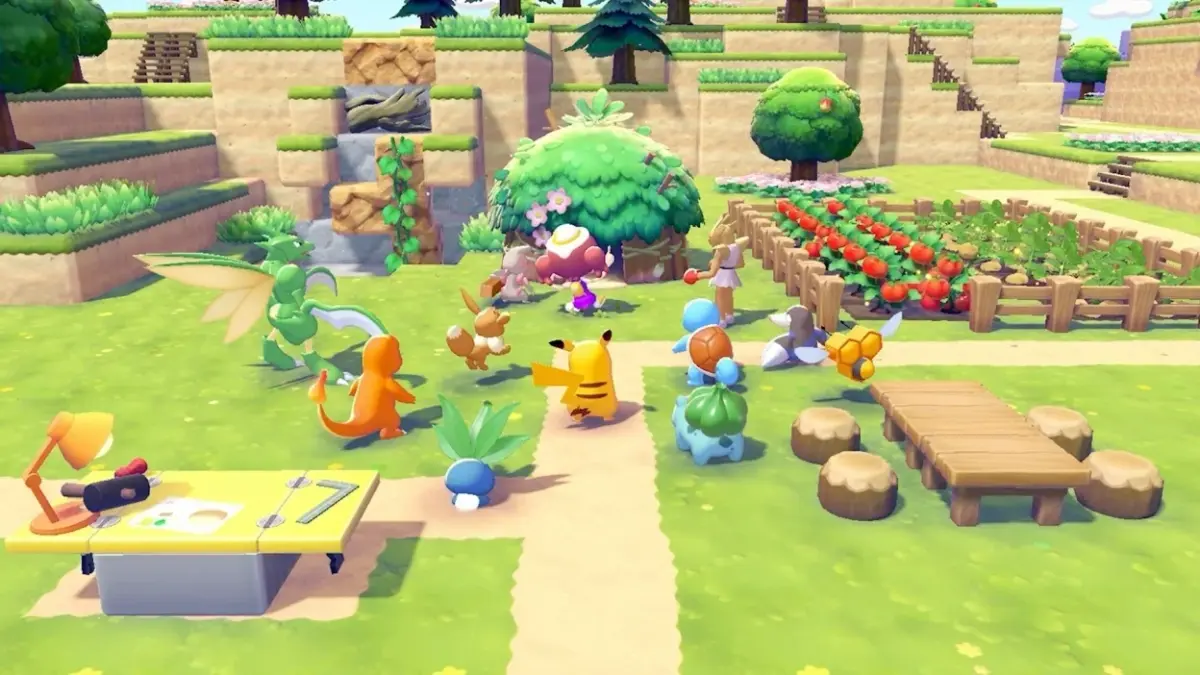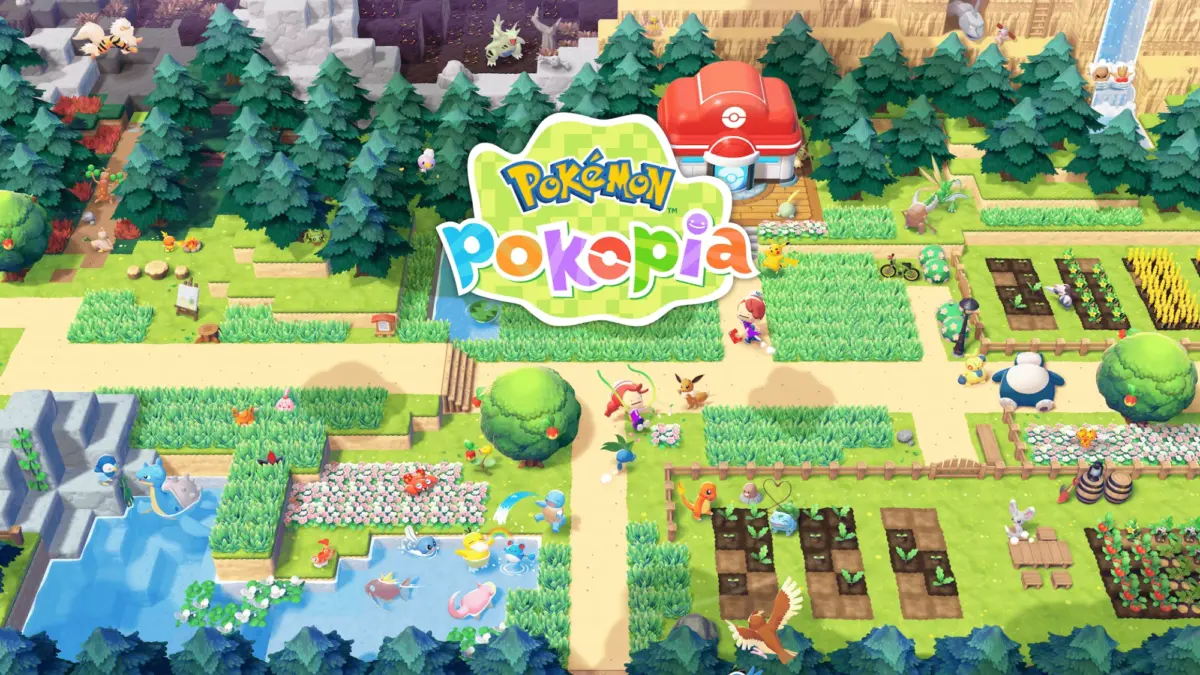Deals Fans of the Pokémon series are looking forward to the new Pocket Monster Pokémon Pokopia, a cozy life sim experience similar to Animal Crossing. Dated for March 5th 202, it’s a delightful spin off that sounds more than happy to drop you in a colourful new world and let you pick flowers. But the revelation of its physical edition has rekindled discussion, as it embraces Nintendo’s controversial Game-Key Card system, a format that’s left fans and collectors feeling slightly short-changed.
Unveiled back in September, Pokémon Pokopia mixes the series’ famously cutesy monster collection with leisurely daily pastimes, and is being developed through a partnership between Game Freak and Koei Tecmo. The Pokémon Company and Nintendo are responsible for publishing, focusing only on Nintendo Switch 2. Although the digital version is now available to preorder on Nintendo’s eShop in the U.S, its physical cartridge has drawn criticism for eschewing typical game data in favour of an activation code.

(Image sourced by Mashable)
The Game-Key Card Controversy: No Data, Just a Download Prompt
Nintendo’s Game-Key Card approach is under increasing scrutiny as the conversation about physical media in the Switch 2 era rages on. Instead of cartridges that contain the whole game or a portion of it, these cards are just a key. Gamers must log in to download the full title, prompting concerns about long term access and ownership. What’s the point of a “physical” copy if it can’t be played offline or passed around without an internet connection?
Nintendo’s official website tags Pokémon Pokopia’s physical release as a “Game-Key Card” Nintendo’s Japanese online shop explicitly states that Pokémon Pokopia, which is due out in Japan on April 28, will address their disappointment among fans. This is not the first controversy surrounding the format, it’s all part of what many see as a longer trend toward digital reliance, leaving video gamers wondering whether they’re purchasing actual experiences or, more cynically yet understandably, temporary rentals. For a brand as reputable as Pokémon, such changes seem like a step in the wrong direction, as we have witnessed.
To rub salt in the wound, Nintendo had once promised to spare its first party exclusives “all belonging to any of Nintendo’s own seals of quality for a lifetime at retail,” preferring physical versions for those it was directly responsible for making. But Pokémon Pokopia squeezes through that loophole. Nintendo publishes it, but developers outside the company do the creative heavy lifting studios like Koei Tecmo and Game Freak. The Pokémon IP as a whole is owned by The Pokémon Company, which, while majority owned by Nintendo, still does not guarantee those assurances. It’s a technicality that is doing little to mollify frustrated fans who see it as chipping away at the pleasures of ownership in an ever more cloud reliant industry.
Nintendo released a game-key card overview video.
— Stealth (@Stealth40k) November 11, 2025
Pokemon Pokopia is a game key card release.
I definitely want to play this game, so I'll probably just buy it digitally. pic.twitter.com/DtNCTOUkDM
Why This Matters for Pokémon Fans and Collectors
Pokémon Pokopia’s concept is enticing, a relaxing sim where players build communities, befriend Pokémon, and chill out in stunning locations. And with online multiplayer options to link up with friends near and far, it’s set to win the hearts of life sim aficionados. But for fans who value boxed editions as mementos, the Game-Key Card seems like a betrayal of the physical world magic that defined previous Pokémon releases.
As the industry continues to push further toward digital platforms, titles like this are drawing a line in the sand, convenience for some and the loss of permanence for others. Will Pokémon Pokopia continue to stand as a delightful respite? Absolutely. But its physical form is a grim reminder: owning your favorites will soon be more about a pretty card and a strong Wi-Fi signal.
